A3 - Pharmacogenomics: Implementation in pharmacy practice
Organised by the FIP Community Pharmacy Section in collaboration with the FIP Social and Administrative Pharmacy Section
Introduction
It is routine for physicians and pharmacists to consider factors such as age, body mass, renal function and drug interactions in an attempt to avoid unintentional drug consequences. Nonetheless, genetic factors alone can account for anywhere between 20 and 95% of the variability in drug response, yet these often go unrecognised. In recent years, clinical pharmacogenomics research has made significant progress in defining which genetic variations are important for influencing interpatient variability in drug response.
Pharmacogenomics is about determining the right dose of the right drug for the right patient, and this science has the potential to be a real game changer for the healthcare system and the role of the community pharmacist, furthering the growth of their patient care role and personalised relationship with patients.
Pharmacogenomics is the science of how an individual’s unique genetic make-up influences his or her responses to a drug. With predictive modelling, it helps the healthcare professional personalise treatments that work best for the patient while also considering other variables such as the environment, changing lifestyle, and severity of a condition. This personalisation helps to avoid or mitigate medication side effects, improve results and will, ultimately, lead to better patient outcomes.
Programme
- Pharmacogenomics: What is it? Why bother? Who pays? How much? Why pharmacy?
Theo Dingermann (STRATIPHARM, Germany) - Pharmacogenomics: A driving force for personalised medicines
Yolande Saab (Lebanese American University, Lebanon) - Implementation of a novel pharmacogenomic screening programme in community pharmacy — Practice experiences and how to get started
John Papastergiou (Shoppers Drug Mart, Canada) - How to set up a pharmacogenomic service in a hospital
Jill Kolesar (University of Kentucky, USA) - Roundtable discussions and debate: What is the impact of pharmacogenomics — for healthcare, for the patient and for the pharmacy?
Learning Objectives
At the end of this session, participants will be able to:
- Identify the basic principles of pharmacogenomics and how they can be used to optimise drug therapy;
- Describe strategies for implementation of pharmacogenomic services into community pharmacy practice;
- Explain the clinical utility of pharmacogenomics and pharmacogenomic screening.
Type of session: Knowledge-based
